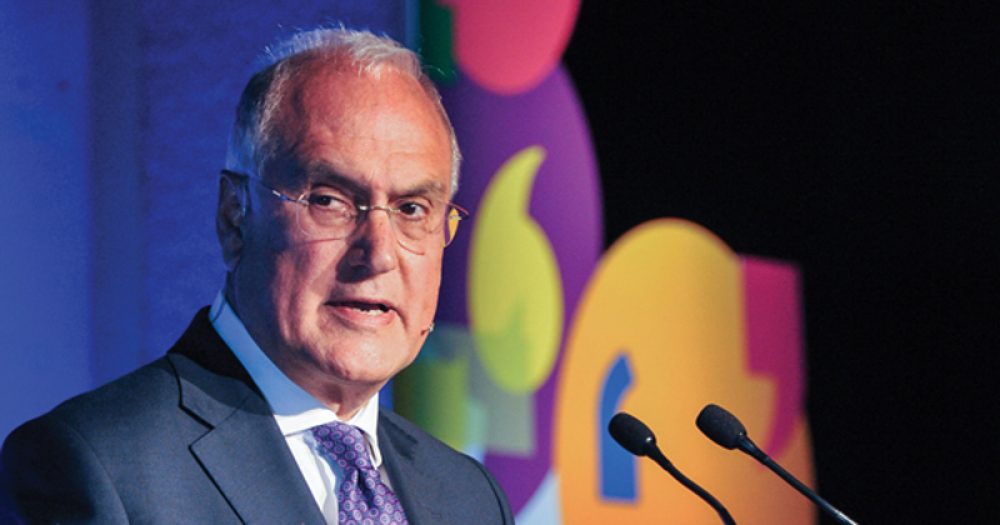University Technical Colleges need “radical improvement” if the model is to survive, Sir Michael Wilshaw has said.
The Ofsted chief inspector has been a champion of the controversial 14 to 19 vocational institutions during his tenure, but said consistency in their performance was missing and described their track record as “patchy” in a speech this morning.
It comes after Schools Week’s sister paper FE Week revealed yesterday that just one of the 14 UTCs inspected so far – Reading – has been rated outstanding. Seven were considered good, five got requires improvement results, and one was branded inadequate.
Speaking at the annual conference of the Baker Dearing Trust – an organisation founded by former education secretary Lord Baker to facilitate the growth of UTCs – Wilshaw said the institutions needed to be doing “significantly better than this”.
He said improved performance was particularly needed in UTCs “because, unlike GFE colleges, you largely focus on one vocational or technical specialist area”.
“If the UTC movement is to survive and prosper, then radical improvement is necessary,” he added. If this doesn’t happen, politicians will come to the conclusion that the model is flawed and not worthy of further political or financial support.”
Wilshaw has been a key advocate of having UTCs function as part of multi-academy trusts, a policy now adopted by the government after several standalone colleges were hit with financial problems caused by low pupil numbers. But school leaders have expressed fears about the idea.
Two of the institutions – Black Country UTC in Walsall and Hackney UTC in east London – closed last year, and UTCs in Lancashire and Central Bedfordshire will close next month. The Education Funding Agency has also expressed concerns about finances at Daventry UTC and Buckinghamshire UTC.
This morning, Wilshaw repeated his claim that “every medium or large multi-academy trust or federation should contain a UTC”.
“Such an arrangement would enable young people to transfer across institutions in the cluster to follow a route into high-level academic or vocational study,” he said. “Pupils on either path would be free to access the specialist teaching available in the other and would not be stuck in one route.”
In response to Sir Michael’s comments, a spokesperson for The Baker Dearing Educational Trust, which develops and promotes the concept of UTCs, said: “Sir Michael Wilshaw’s speech underlinned his support for the UTC model and the importance he places on technical education.
“Although some UTCs have been judged below good the majority of those who have been subject to inspections have been judged good or outstanding.
“We are pleased to have the support of Sir Michael and look forward to continue working with Ofsted as the UTC programme develops.”







The model is flawed. UTCs and studio schools already face recruitment difficulties particularly at 14. This shows pupils don’t want to change schools after just three years at secondary school.
That’s not to say pupils don’t need high-quality generic work-related education. An updated Technical and Vocational Educational Initiative (TVEI) similar to that which was introduced in the 1980s (but has now died) would be more effective than specialising at 14.